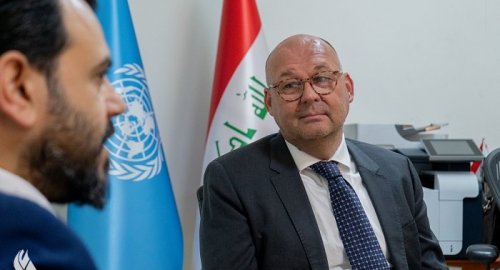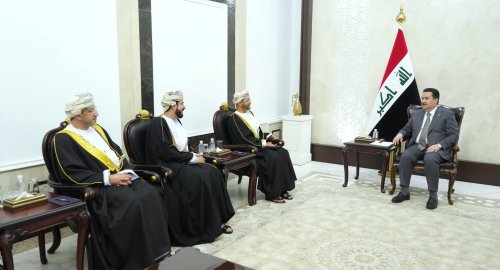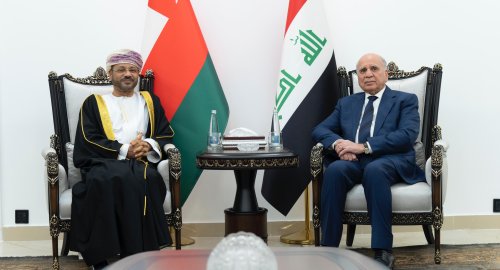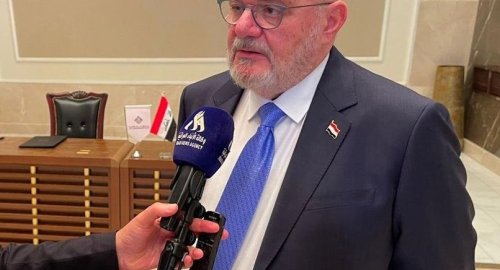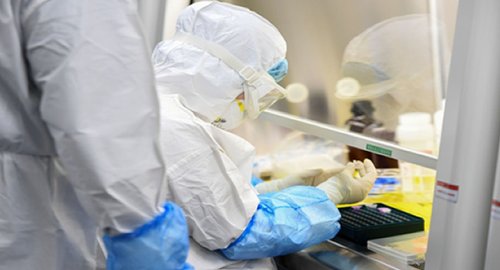
Nigeria, Seven Others Begin African-Led HIV Vaccine Development

- 8-11-2024, 11:42
INA- SOURCES
The World Health Organisation (WHO) had on Tuesday named HIV, malaria, Tuberculosis, and 14 other pathogens as top priorities for new vaccine development
Eight African countries including Nigeria have begun a groundbreaking, African-led HIV vaccine research and development project.
Other countries are South Africa, Zambia, Zimbabwe, Tanzania, Uganda, Kenya, and Mozambique.
The Director-General of the National Agency for the Control of AIDS (NACA), Temitope Ilori, made this known during a press briefing in Abuja on Thursday.
Ms Ilori said the initiative is funded by the U.S. Agency for International Development (USAID), led by the BRILLIANT consortium, under the "HIV Vaccine Innovation, Science, and Technology Acceleration in Africa (HIV-VISTA)."
She said HIV remains a significant challenge in Nigeria and other parts of the world.
She noted that despite the country's progress in reducing new infections and controlling the virus, the HIV epidemic persists, hence requiring new tools for prevention.
Ms Ilori said although the agency has continued to provide current prevention measures, an effective vaccine is crucial to its efforts.
"The HIV-VISTA project offers hope for a vaccine tailored to the needs of our population, and Nigeria's involvement in this global initiative is critical," she said.
"Our participation supports both local and international efforts to end AIDS and brings us closer to a vaccine that could save countless lives across Africa and beyond."
The World Health Organisation (WHO) had on Tuesday named HIV, malaria, Tuberculosis, and 14 other pathogens as top priorities for new vaccine development.
HIV epidemic
According to UNAIDS, there were an estimated 39.9 million people living with HIV across the globe in 2023, with an estimated 1.3 million new infections.
Africa has about 25.9 million (65 per cent) of the global burden with Nigeria contributing about 1.9 million making it the fourth largest HIV burden country globally.
However, to end the HIV epidemic, an effective HIV vaccine is required to be added to the known prevention tools to halt transmission.
Vaccine development
The USAID awarded more than $45 million to the BRILLIANT consortium through a competitive process to implement a cooperative agreement under the HIV-VISTA project.
The Executive Director of the International Research Centre of Excellence (IRCE) at the Institute of Human Virology Nigeria (IHVN), Alash'le Abimiku noted that the objective of the consortium is to evaluate HIV vaccine candidates emanating from the continent.
Ms Abimiku said activities supported under the HIV-VISTA project will be implemented exclusively in Sub-Saharan Africa, which is the geographical area in the world with the highest burden of HIV.
She noted that the partnership with the Nigerian government and other countries acknowledges the potential of great innovation and science from Africa to solve global health challenges especially those that disproportionally devastate the continent.
"We are very thrilled to partner with the government of Nigeria and colleagues from South Africa, Uganda, Kenya, Tanzania, Zimbabwe, Zambia, and Mozambique in this endeavour."
The CEO of IHVN, Patrick Dakum, said the institute has had the privilege to provide effective treatment with AIDS drugs and preventive tools such as pre-exposure prophylaxis, prevention of mother to child transmission and others to thousands of Nigerians under the PEPFAR programme for close to two decades.
Mr Dakum said partnering with communities in Nigerian and other colleagues from the south and the north in the effort to develop an effective vaccine is important to fulfilling the vision and mandate of the Institute.
In his remarks, the Deputy Director of the office of HIV/TB from USAID, Ezekiel James, said that the study offers the opportunity to collaborate with the government of Nigeria and stakeholders.
Mr James said USAID looks forward to the outcomes of this project and for the combined efforts to achieve HIV epidemic control.
SOURCE: ALLAFRICA
US Central Command: We killed ISIS terrorist leader Abu Yusuf in Syria
- International
- 24/12/20
Liverpool compete with Real Madrid to sign Olympique Lyonnais star
- Security
- 24/12/19
ISC, ADX discuss Strengthening Economic Ties
- Economy
- 24/12/16
Iraq assumes presidency of Arab Investment Company’s Executive Board
- Economy
- 24/12/17

